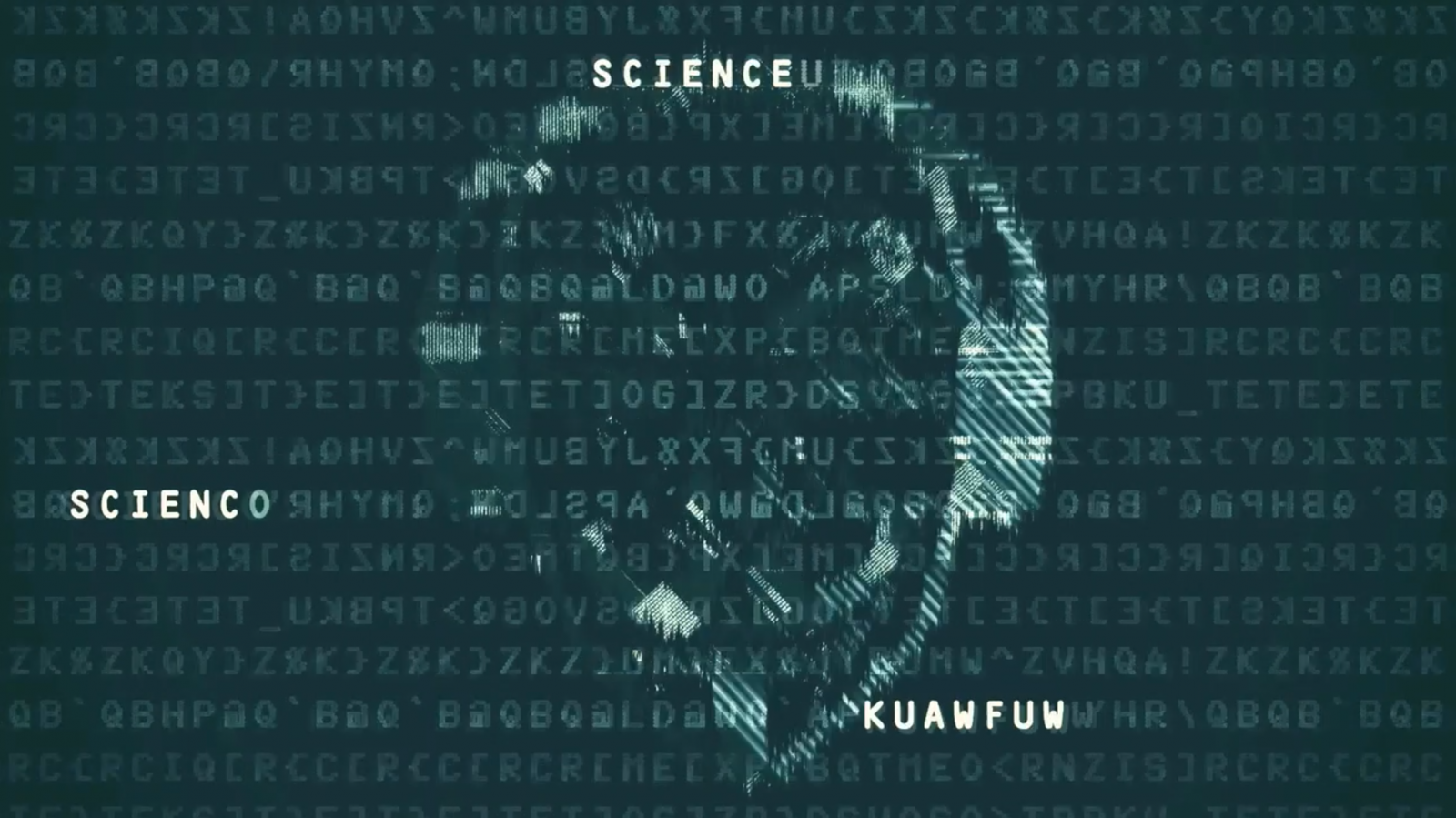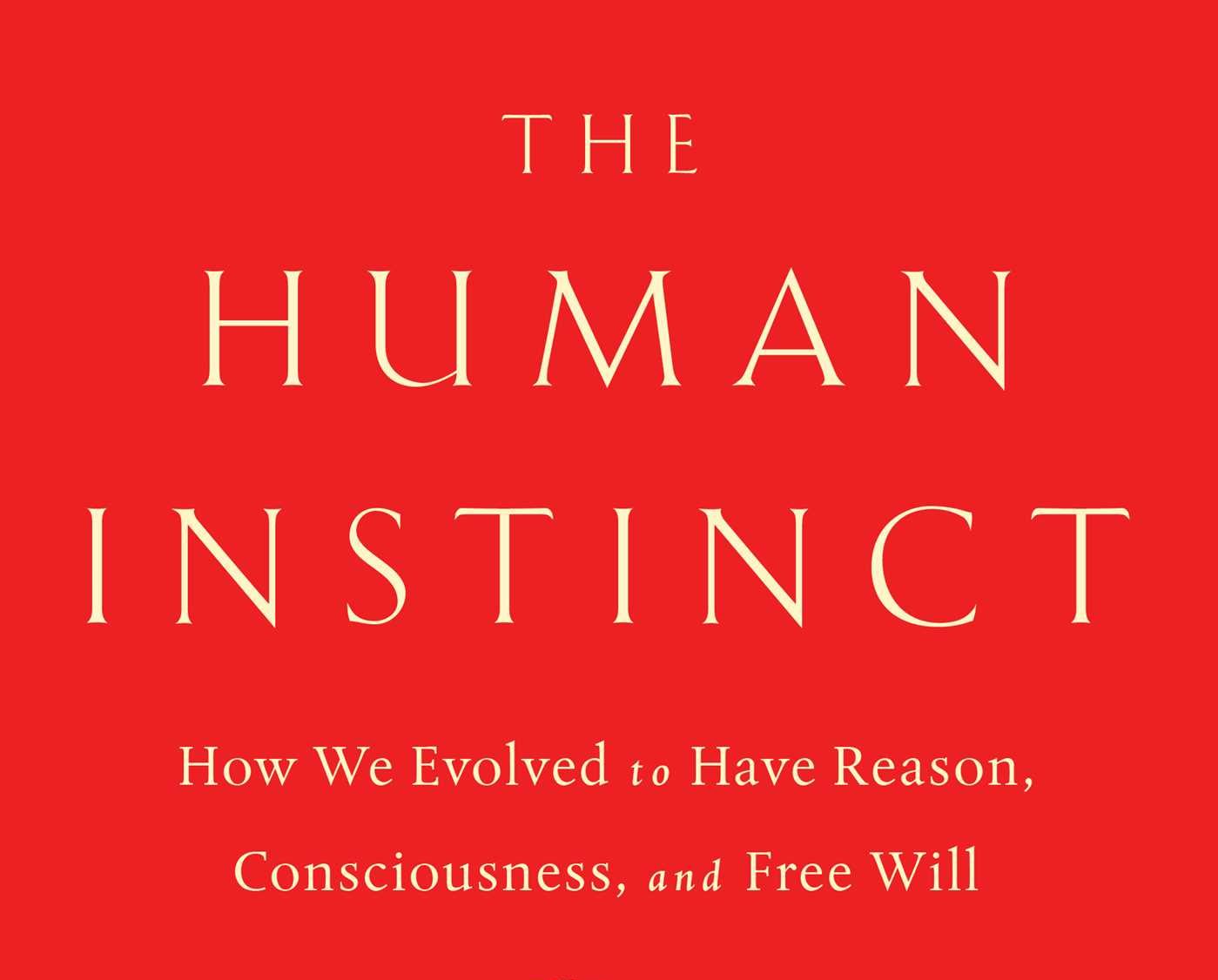
Jonathan Witt Talks Science Uprising and More with Jerry Newcombe
Today’s episode of ID the Future brings you a conversation between Discovery Institute senior fellow Jonathan Witt and radio host Jerry Newcombe, originally presented on Newcombe’s nationally syndicated radio show. The two begin by discussing the Discovery Institute’s Science Uprising video series, which Jonathan helped create. From there they go on to talk about philosophical materialism, free will, morality, and what it means to be human. They touch on the Darwinian opposition, and on the rising threat of censorship.

